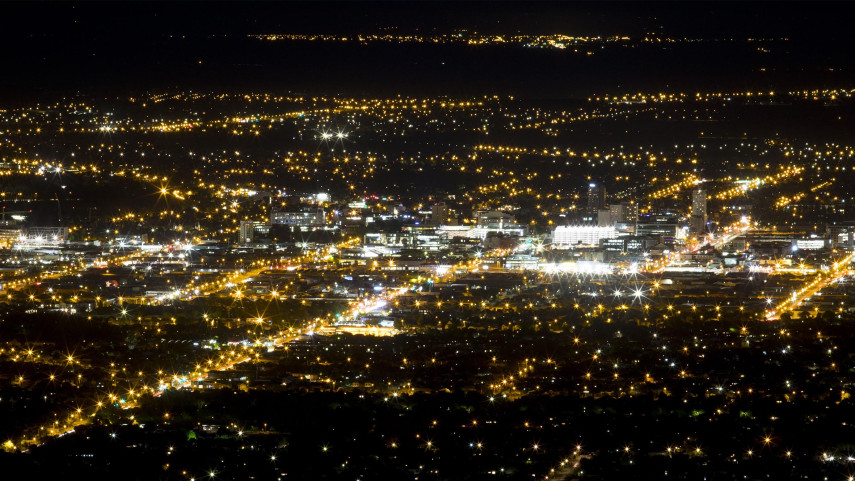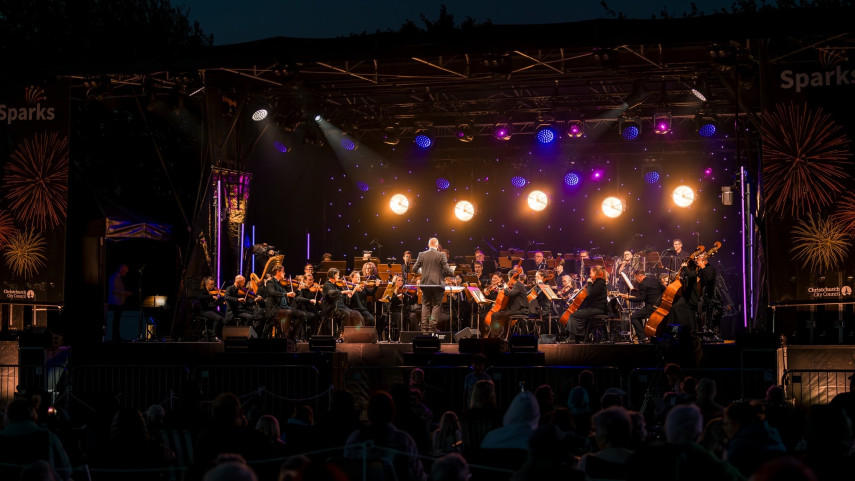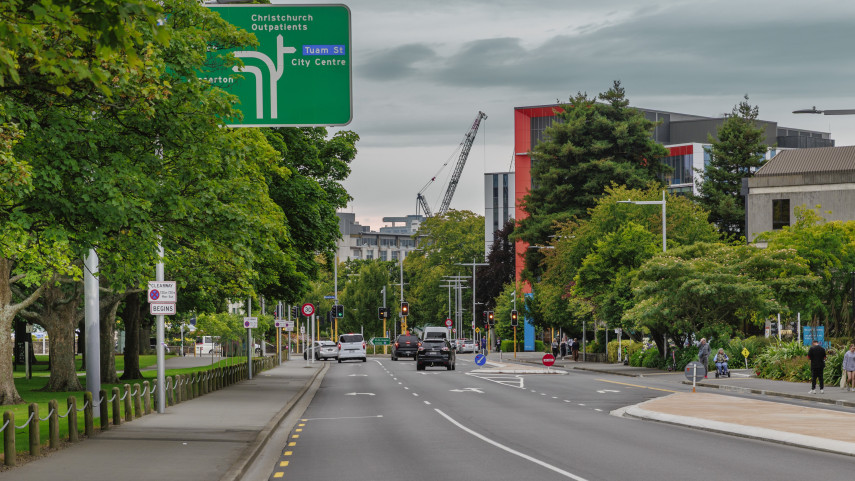Students develop their detective skills in learning why our local parks are so important.

Book a Learning Through Action school programme
Risk analysis and management information (RAMS) will be sent out once a programme booking is confirmed. If you require this at any other stage please email LTA@ccc.govt.nz or contact us(external link).

| Year level | 3 to 6 |
|---|---|
| Curriculum level | 1 to 4 |
| Availability | Year-round |
| Times | 9.30am to 12noon, or 12:15pm to 2:30pm |
| Site | Christchurch Botanic Gardens Climate Action Campus Halswell Quarry Park Mona Vale The Groynes Travis Wetland Reserve |
| Cost | Free |
| Number of students | Maximum of 35 |
| Special requirements | None |
- Biodiversity in our local spaces.
- Balanced ecosystem.
- Pollination, seed dispersal, decomposition, photosynthesis.
- Taking care of natural areas.
- Personal responsibility for action.
Students become detectives, ornithologists, entomologists and botanists as they delve deeper into the unique roles of a balanced ecosystem and the role they can play in that ecosystem.
They will employ all their detective skills to gather information in a variety of scientific ways to come to their collaborative conclusions about the interdependence of birds, bugs and trees.
Hands-on activities enable them to describe the key roles of birds, insects and trees in balanced ecosystems. Students then engage in a problem-solving process to propose action for a sustainable future.
They will take their new ideas and their Detective Notebook back to school where they can continue their discussions to problem-solve ways to encourage this balanced ecosystem in their local green spaces.
We are learning to:
- Name at least two of the birds, invertebrates, and/or trees that live in our natural green spaces.
- Explain the important role(s) that birds, invertebrates, and/or trees have in our natural environment.
- Explore and carry out appropriate investigations to develop simple explanations about how a balanced ecosystem works.
- Use a range of scientific vocabulary.
- Identify actions that can be undertaken to encourage a balanced ecosystem in our local parks and green spaces.
Using language, symbols and texts
Students will use oral, written and visual texts to interpret key terms and concepts relating to local ecosystems
Thinking
Students will use creative, critical and meta-cognitive processes to investigate how each of the roles of the ecosystem is connected and then consider the impact and wider consequences if one role is low/depleted
Managing self
Students will immerse themselves in a variety of multi-sensory and kinaesthetic experiences to create an understanding of the key parts of the ecosystem
Participating and contributing
Students are encouraged to problem-solve ways they can encourage a rich and healthy ecosystem in their own local communities
Relating to others
Students will work collaboratively and supportively to complete tasks
| Curriculum area | Strand and level | Objective |
|---|---|---|
| Science Pūtaiao |
Nature of Science Levels 1 to 4 |
Understanding about science Investigating in science Communicating in science Participating and contributing |
| Living World Levels 1 to 4 |
Life processes Ecology Evolution |
|
| Planet Earth and Beyond Levels 1 to 4 |
Earth systems | |
| Social Sciences Tikanga ā-Iwi |
Levels 2 to 3 | People and places |
| Health and Physical Education Hauora |
Healthy Communities and Environment Level 2 |
Collective action Healthy environments |
Related news

Exemption granted for central city noise plan change
Work will continue on the Central City Noise plan change.
13 Feb 2026
Celebrate Valentine’s Day at Mitre10 Sparks
Mitre10 Sparks will light up the skies this weekend with a special Valentine’s Day themed concert at Hagley Park for lovers of free, open-air music.
9 Feb 2026
Feedback sought on clearway trial
Christchurch City Council is asking for feedback on the clearway being trialled on Hagley Avenue.
30 Jan 2026